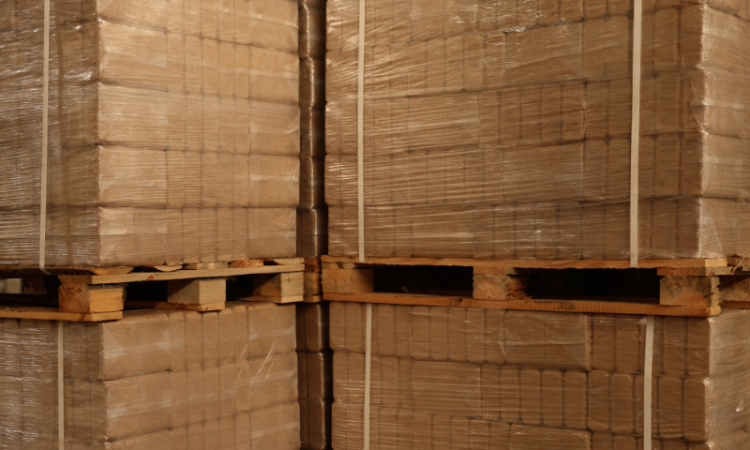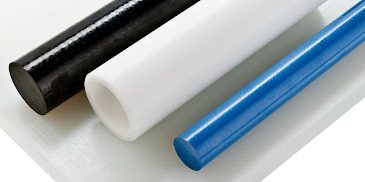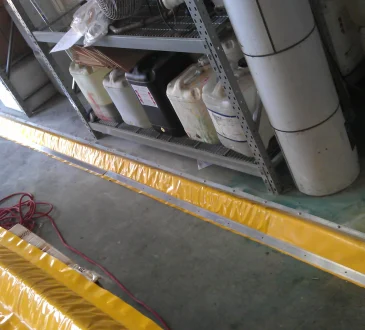
Wooden packaging materials, like wooden boxes and crates, have advantages over other packaging, especially plastics. Issues on the environmental impact of plastics is publicised; pollution and slow decomposition causing global stress. Wood is biodegradable and wooden crate packaging is taken from renewable sources.
Wooden Packing Materials and Sustainability
Timber sourced responsibly from the wooden packing can be derived from sustainably managed forests. It preserves the ecosystem, dilutes its intake into the environment, and ensures it does not overwhelm the natural ecosystem. Wooden shipping crates can last for a long time before they depreciate and can, therefore, reduce the constant need for production and lower waste rates. It will not only be able to maintain the environment but also be cost-effective because it is used for a long time due to the use of these reusable wooden crates.
Durability and Reusability of Wooden Crates
Reusable wooden crates play a role in eliminating harmful externalities. Wooden crates vary from the single-use plastic packaging, which would end up in landfills or, worse, the ocean. The life cycle of wooden shipping crates is much longer than that of single-use plastic packaging. Wooden shipping crates, through their heavy-duty use, enable companies to reuse them multiple times without compromising the quality of protection offered to the goods inside.
The reusable wooden crates save energy and resources for the manufacturing of new materials for packing, making a consideration of saving energy and resources. After its life has run its course, a wooden case can be “turned” into other products, or it allows nature to decompose it without any remaining harmful residues and thus contributes to the principles of this circular economy in which an aspect of the resource is recycled instead of used only once and thrown away.
The Carbon Footprint of Wooden Packaging
Wood case manufacturers make equipment many environmental benefits, of course-but it’s also worth noting that the carbon footprint of such materials is crucial. After all, using a lot of energy in producing wooden cases and crates has significantly less carbon footprint than synthetic alternatives, such as plastic. Wood materials contain a part that absorbs carbon dioxide during the growth of trees.
One grand virtue of wooden packing materials is that the emissions are lessened. In addition, wooden packing materials are relatively easy to repair, thus extending their life and reducing the energy needed for constant packaging material production. In a world that seeks to reduce emissions, wooden packing fits into this pursuit better than many other options.
The End-of-Life Impact
Eco-friendliness is also an area where wooden packaging material holds a great advantage. For one, when the time comes that the packaging materials need to be disposed of, they decay without much stress on the environment after a few years or decades, that is, as ascribed by environmental determinations. Even in landfills, wooden crates cannot do what plastics do — release toxic chemicals as they dissolve.
Moreover, packing materials made of wood can be recycled or reused. For example, a broken wooden shipping crate can be dismantled for the use of its pieces of wood to make furniture or raw materials in other industries. It, therefore, means that there will be less pressing urge to utilise virgin materials, and it will not contribute to waste production, making it environmentally friendly to use wooden packing.
Wooden packing materials provide a sustainable, robust, and environmentally responsible means for businesses to reduce their ecological footprints. Wooden shipping crates, wooden cases, and reusable wooden crates are among the materials that can help industries leave behind unsustainable packaging. Businesses benefit from using wooden packing materials from cost-effective long-term solutions but contribute positively towards environmental sustainability.
Do you need green packaging? Look no further and contact Sin Chew Woodpaq today — let’s join hands for a greener tomorrow!




